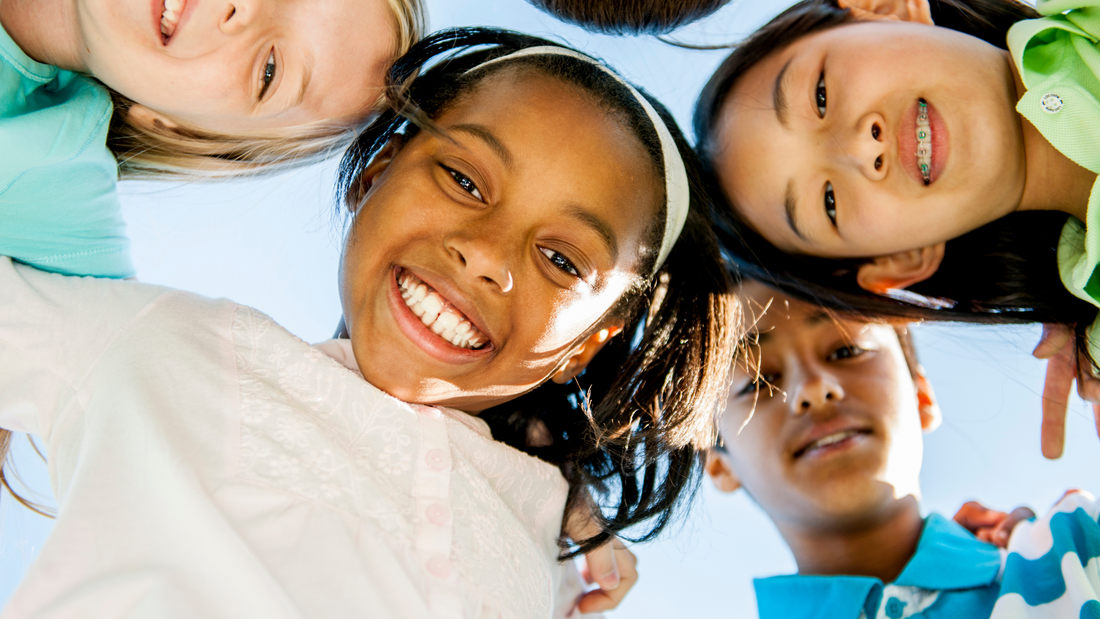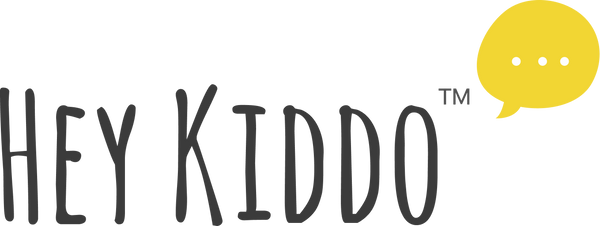
Social Awareness for Kids: Understanding Others
Share
Social awareness is about understanding the perspectives of others and empathizing with them, including those from diverse backgrounds, cultures, and contexts.
This includes the capacities to feel compassion for others, understand broader historical and social norms for behavior in different settings, and recognize family, school, or community resources/supports.
Social awareness is an important set of life skills that can be developed in children.
It affects every aspect of their lives, from how they behave with family and friends to how they interact with people at school. Let's take a closer look at what these skills are.
Taking Another's Perspective as Social Awareness
The basic idea around social awareness is developing a sense of what life is like for other people.
That could mean being aware of how your actions will impact others, being able to read other people's emotions through verbal and non-verbal cues, and seeing a situation as if you were standing in someone else's shoes.
Children tend to be naturally self-centered because of their brain development. From the ages of 5-11, kids are just starting to understand that there are other people in the world and that includes their parents!
That's why building this skill early has such an impact--you can set good habits early.
It might take some practice for kids to start recognizing when it's appropriate to take someone else's perspective, so you can guide them when the time is right.
You can build social awareness in kids by asking a simple question like, "How do you think they feel right now?" when watching a movie or TV show.
This can help your child notice and name an emotion based on cues.
You can also use TV and movies to talk about how different people in a conflict react. It can be a lot easier to do when you can take the perspective of an outsider looking in.
Recognizing Strengths in Others
When kids are young, it's important to point out that everyone has a unique set of skills and talents. Because kids are just learning about their place in the world, they can become more self-aware by comparing themselves to others in a non-judgmental way.
When you see your kid doing something well, ask them what makes them proud about the thing they did--and then let them know you appreciate them!
Modeling this behavior reinforces that kids have the ability to compliment others for their strengths. Take it a step further by asking your child to "pay it forward" when they receive a compliment.
This will help build self-esteem and social awareness when kids start understanding how many different ways there are to be awesome.
Social skills for kids means understanding that everyone has different strengths and weaknesses.
Kids also need the opportunity to recognize and name their own strengths so they can build on them through healthy self-esteem practices like recognizing successes or giving themselves compliments .
This will help kids become more social aware individuals who are able show empathy and compassion in other settings too.
Showing Concern for Feelings of Others
When children build social awareness skills, they show concern for the feelings of others. This is a sign that someone understands how another person may feel in a certain situation.
It can also help kids to understand different perspectives on specific events or situations which will lead to more empathy.
For example, if your child was playing with their friend and accidentally hit them, this would be a good time (after making sure they're okay and giving a sincere apology!) to talk about how their friend might feel emotionally.
The idea here is for your child to reflect on how their behavior in conflict resolution can impact others.
Even when your child is not involved in situations that impact the feelings of others, like a sibling coming home with good news or a friend going through a tough time, talk to your child how to show concern for others' feelings.
This could mean reflecting back what emotion they recognize in the other person ("I can tell you're really happy you won that award at school!") when talking about what's going on with someone.
Demonstrating Empathy and Compassion as Social Awareness
When we empathize with someone else, our brains take on the perspective of their feelings.
This helps us to show compassion toward others and make sense of a difficult world that is often hard for kids to understand. It's important not only that children have empathy but also that they know how to act in response.
Some ways you can help your child practice this skill are by asking them what makes people happy or sad; telling stories about other people who might be feeling those things.
Describing what it feels like when somebody shares something nice with them; and modeling behaviors such as apologizing when they've done something wrong (or speaking up respectfully if someone hurts another person).
These conversations will help build social awareness--and hopefully more kindness in the world!
Children should know about diversity norms because this gives them an awareness of what might be appropriate behavior at home, school, work, community—in any setting!
The best way to provide information about these diverse norms is by providing rich interactions with people from all backgrounds and contexts. These opportunities support children's growth as socially conscious citizens.
Identifying Diverse Social Norms
Research shows that unjust social norms like racism are learned behaviors, and parents have a big influence on how children understand diverse social norms.
Parents and educators who actively work within an anti-racist framework can go a long way to make their communities more inclusive.
A lot of this modeling begins at home by building skills that recognize cultural norms that differ from your child's instead of ignoring these differences.
Building social skills for kids might include capacities like feeling compassion for others, understanding broader historical and social norms for behavior in different settings like saying "please" and "thank you" when someone does something nice for you.
It could also mean recognizing resources within families or communities that might help other people who are struggling.
This might be as simple as pointing out that you invited the neighbors with a new baby over for dinner because their time and energy is different than your family's.
How HeyKiddo™ Can Help
Kids need parents, teachers and other caring adults to help them learn how they can build healthy relationship skills now and for a lifetime.
Our HeyKiddo products are designed to give parents and teachers everything they need, when they need it, to build lifelong social, emotional and leadership skills at home or in the classroom.
Download our Stress Management Toolkit today by joining our newsletter and learn how you can help build these important skills at home or at school.














